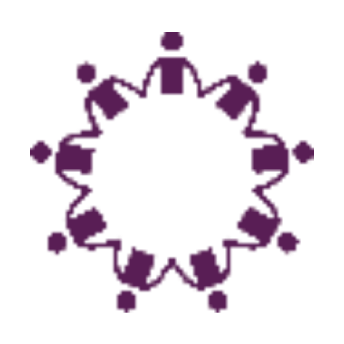Man-Archy Nutrition

How important is Food to our Mental Health?
Often the easy option is the best option for instant gratification and foodfillment. But is it always the best long-term solution?
As someone who has always struggled to eat the right foods and cook to a level where nutritional values are taken into consideration, I have always been on the heavy side of the weight balance for my height.
This year, I was speaking with my nephew 16, who has grown up with a healthy diet as part of his routine. His elimination of chocolate, excess sugars and unhealthy foods (on the whole) has helped him become fitter, healthier and helps with his concentration levels while studying. If it worked for him, I have made a conscious decision to look at healthier eating myself in 2025.
a) Cutting out chocolate for me is one hard challenge, but replacing snacks with bananas, apples or no snacks at all has helped my energy levels in 2 months increase hugely. Cutting down on takeaway and processed food has also enable me to lose over 5kg this year to date as well. After watching the BBC1 programme The easy ultra-processed food swaps Dr Chris Van Tulleken swears by – BBC Food it has given me hope that good choices, lead to healthier lifestyles and less health anxiety for me.
b) When balancing diets, it is important to have the key elements of a meal on every plate.
Eating at least 5 portions of fruit and vegetables a day, should make up 1/3 of the food we eat. For me, these are my go to: Carrots, Brocolli, Green Beans, Peas, Sweetcorn, Apples, Bananas, Strawberries & Grapes, these can be fresh, frozen, dried or even juiced.
Starchy foods should make up just over 1/3 of your plate, things like potatoes, pasta, rice or bread are the main ones in the UK, these are good sources of energy.
Some Meat, Beans, Fish, Eggs or other Protein Foods are also important, they are generally low in fat and are a good source of fibre,
Finally, some dairy products are a good source of calcium for healthy bones. Cheese, Milk, Yoghurt are 3 of the possible options, with low fat alternatives a viable options.
c) Eliminating or reducing the intake of the following foods is key if you are struggling with anxiety.
- 1. Coffee
- 2. Energy Drinks
- 3. Chocolate
- 4. Alcohol
- 5. White Bread
- 6. Ketchup
- 7. Diet fizzy drinks
A small amount of each is OK, but if you rely on these to “survive”, it can be a real risk to your wellbeing. Replacing as many of the drinks with water is the best solution for most people. The above affect sleeping patterns, so reducing them should help with a good nights sleep, which in turn supports better mental health.
d) Foods to reduce depression
- 1. Fresh vegetables
- 2. Whole Grains
- 3. Fish
- 4. Eggs
- 5. Olive Oil
These foods, based mainly around a mediterranean diet has been shown to decreased symptoms and progression of depression.
Ultimately, you choose what to fuel your body with, and when you put “good fuel” in, you’ll get good outputs. When you put “bad fuel in” the outputs massively decrease.
It is not always easy, but planning a menu for the week is a great way of changing a food lifestyle, and with the reduced takeaways, will help financially too.
